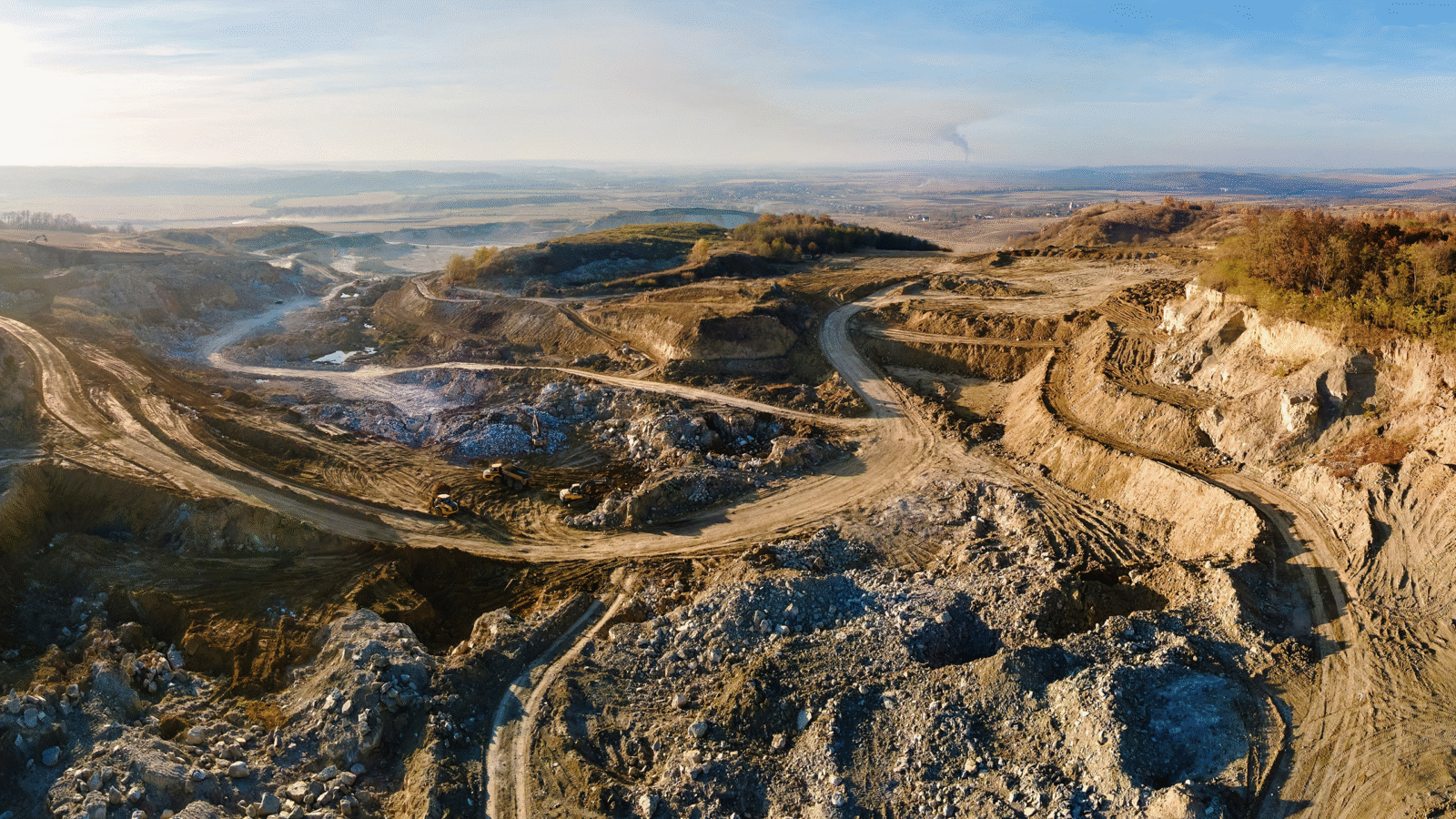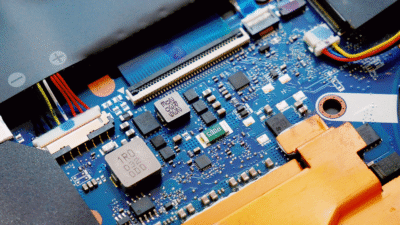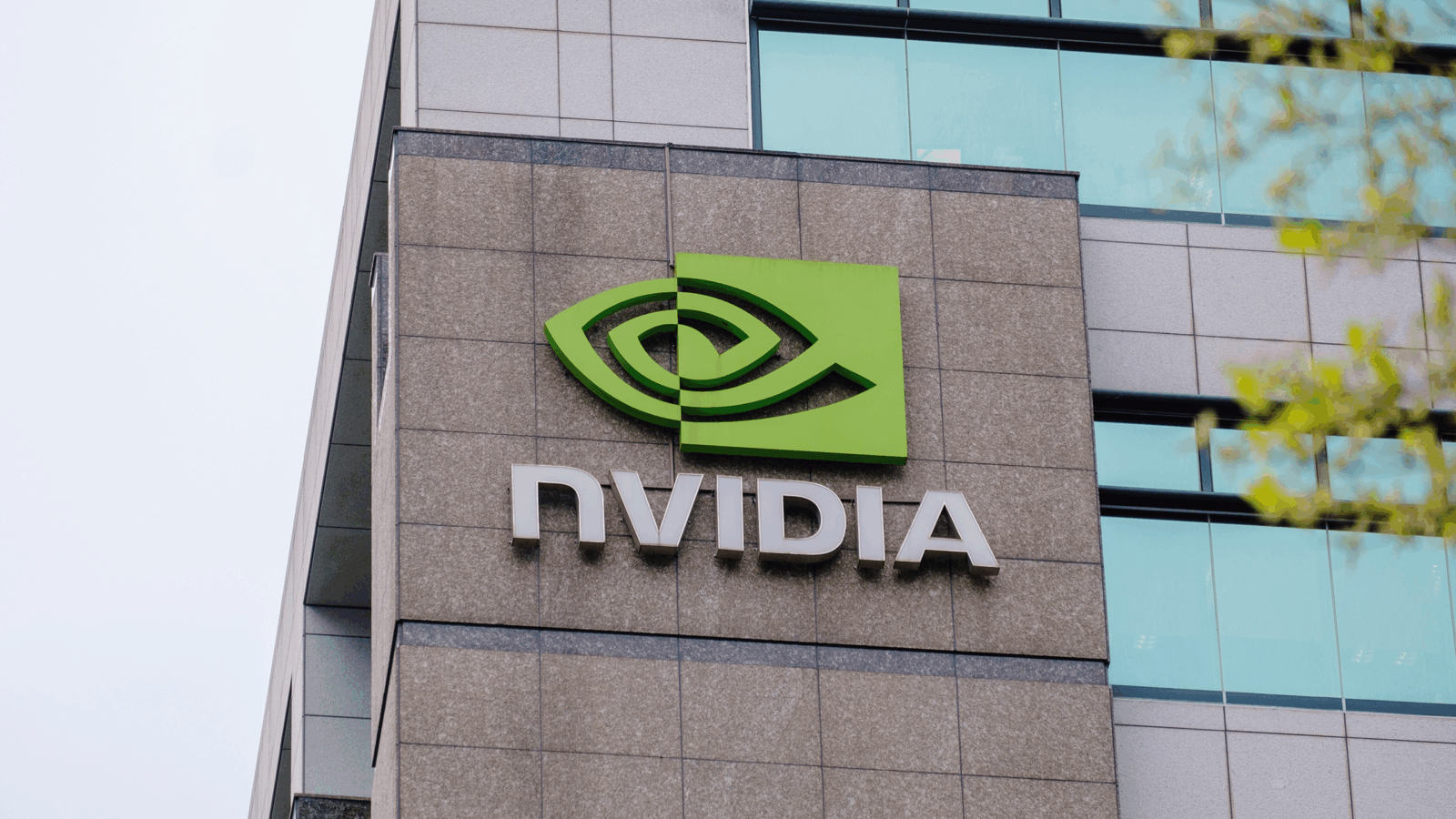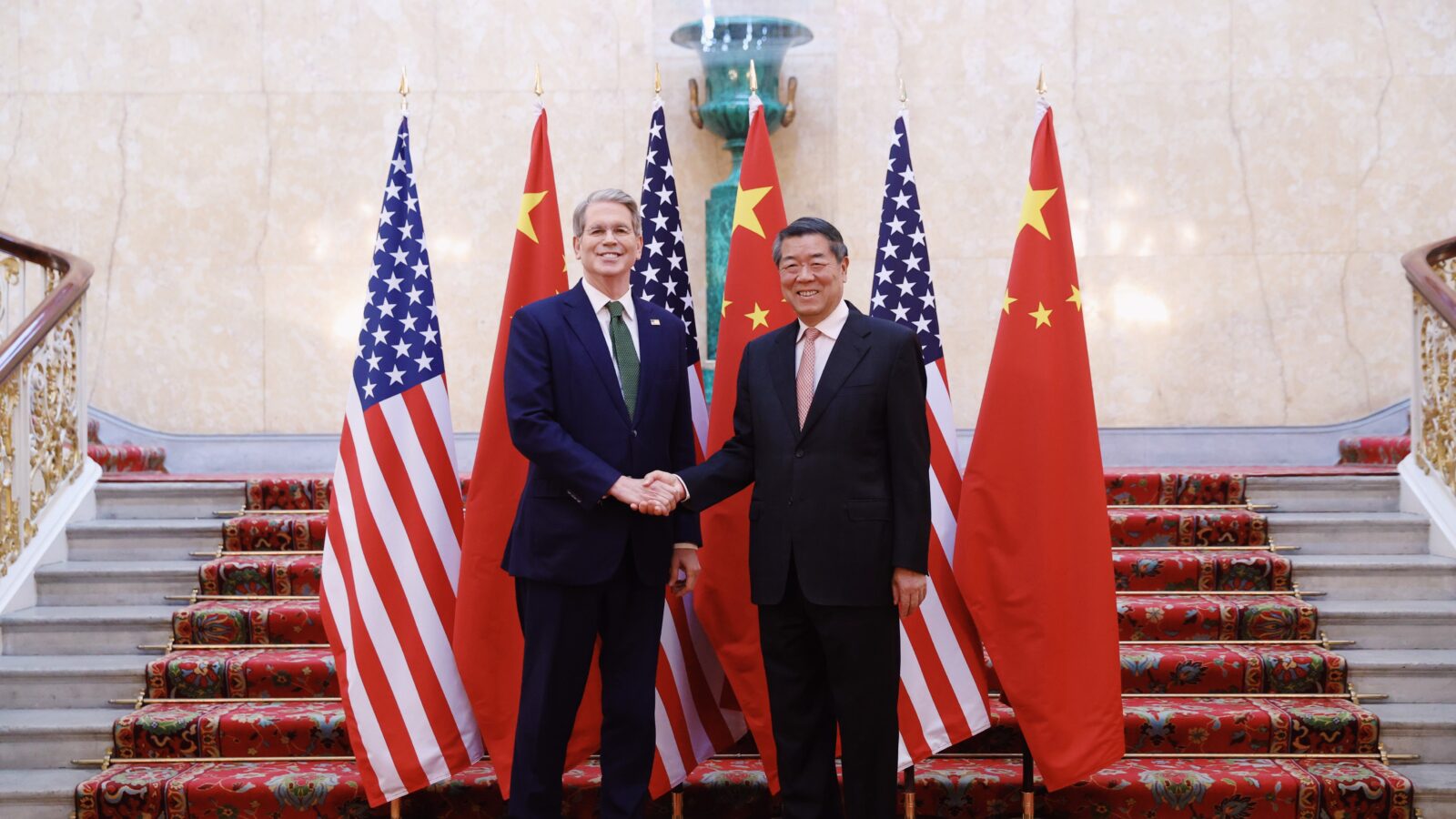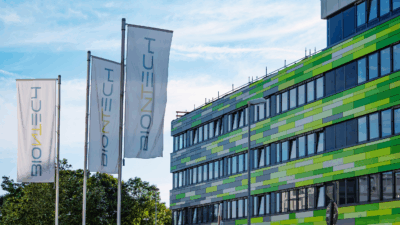Sign up for smart news, insights, and analysis on the biggest financial stories of the day.
African diplomacy has had a landmark month.
Yesterday the International Finance Corporation, the private sector arm of the World Bank, appointed Makhtar Diop, Senegal’s former finance minister, as its managing director.
Earlier this week the World Trade Organization named Ngozi Okonjo-Iweala, formerly Nigeria’s finance minister, as its director-general.
Massively important jobs in the international landscape — and both will be the first Africans to hold the positions.
If It’s Green, You Get Green
The IFC is different from other World Bank arms in that it leverages financing to support private firms in developing nations.
- Its role as an investor in developing economies, however, has given it the power to rally private market capital around development goals — such as sustainable agriculture, health, and education.
- IFC also played a major role in the growth of nascent industries like mobile devices and the telecommunications market.
In To Africa: Since 1995, the IFC has quintupled its exposure to Africa, from about 5% of total loans to almost 25%. Diop, the organization said, will lead efforts to increase investments in businesses working on green development and gender equality, and also focus on conflict-affected countries like Afghanistan, Syria and Somalia.
Africa Handling the Crisis Well
For the first time in 20 years, the entire African continent is experiencing a recession, according to IFC VP Sérgio Pimenta. But the continent’s financial sector and overall fundamentals are much better than during the 2008-9 crisis. He anticipates there will be some $290 billion in capital needs from now until 2023, about half of which will be covered by private capital — making the IFC a key institution going forward.
the takeaway
Africa’s middle class already numbers 310 million and, in 30 years time, it’s estimated that the continent will have a greater population than India and China combined.
